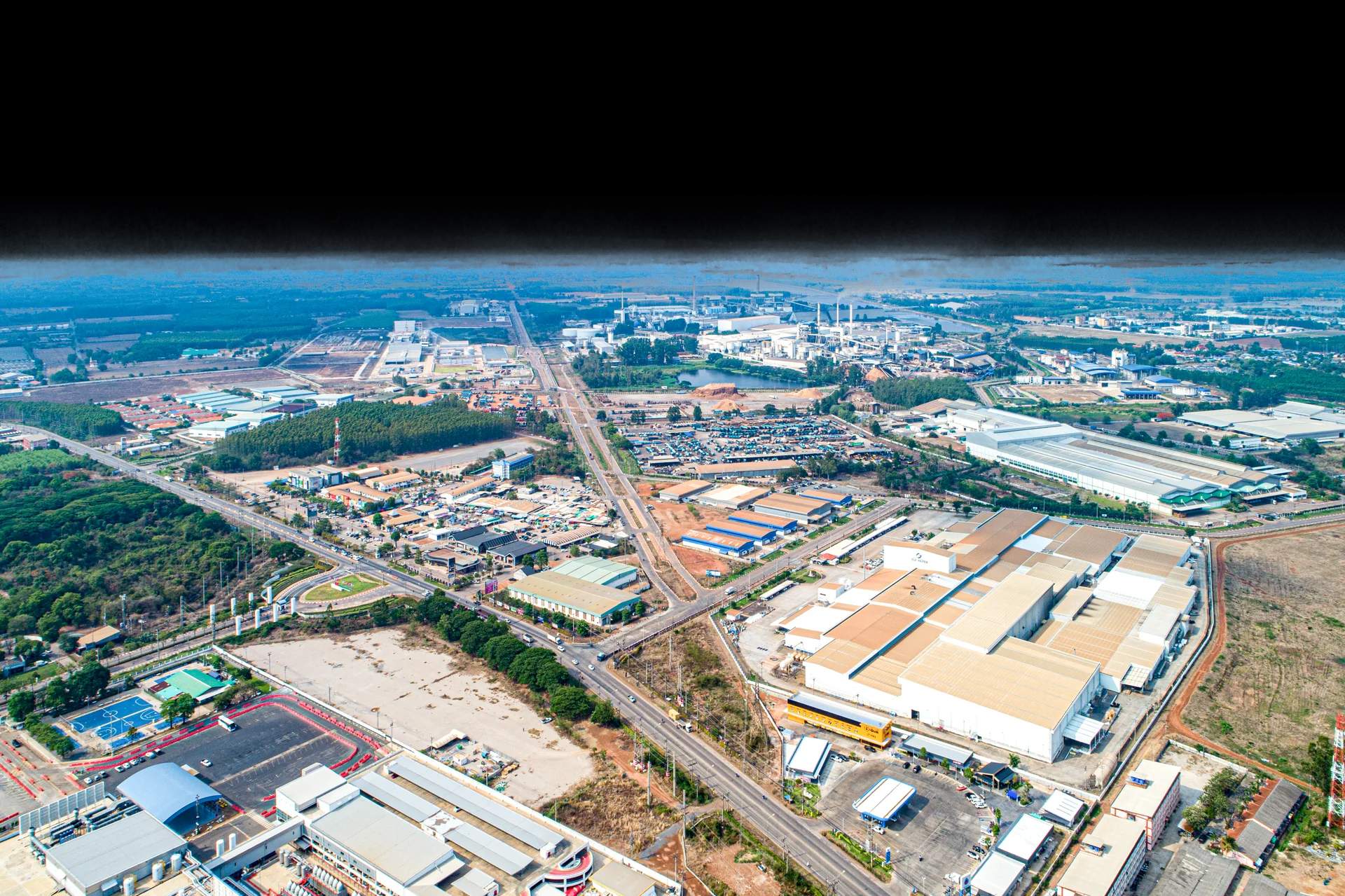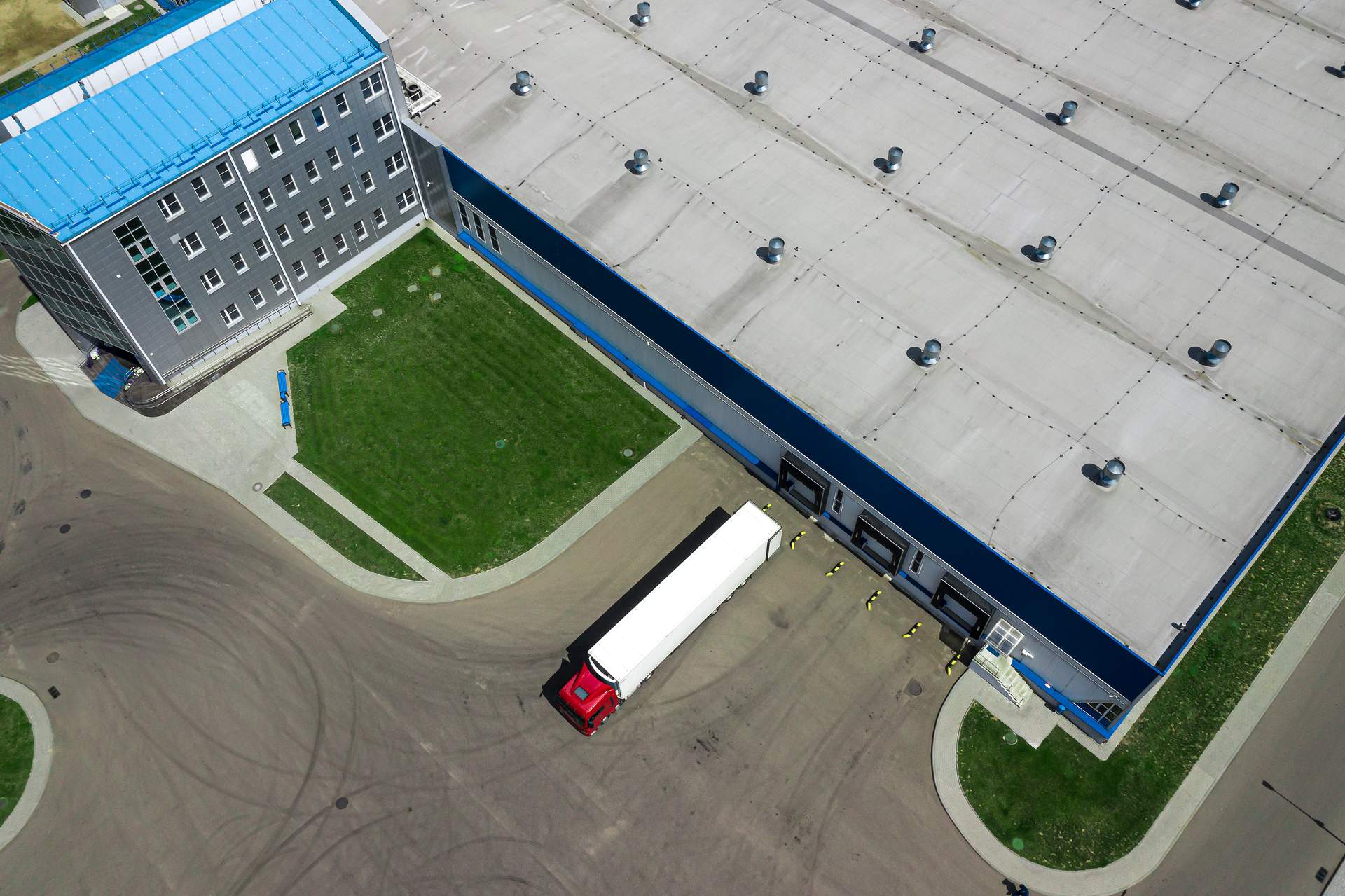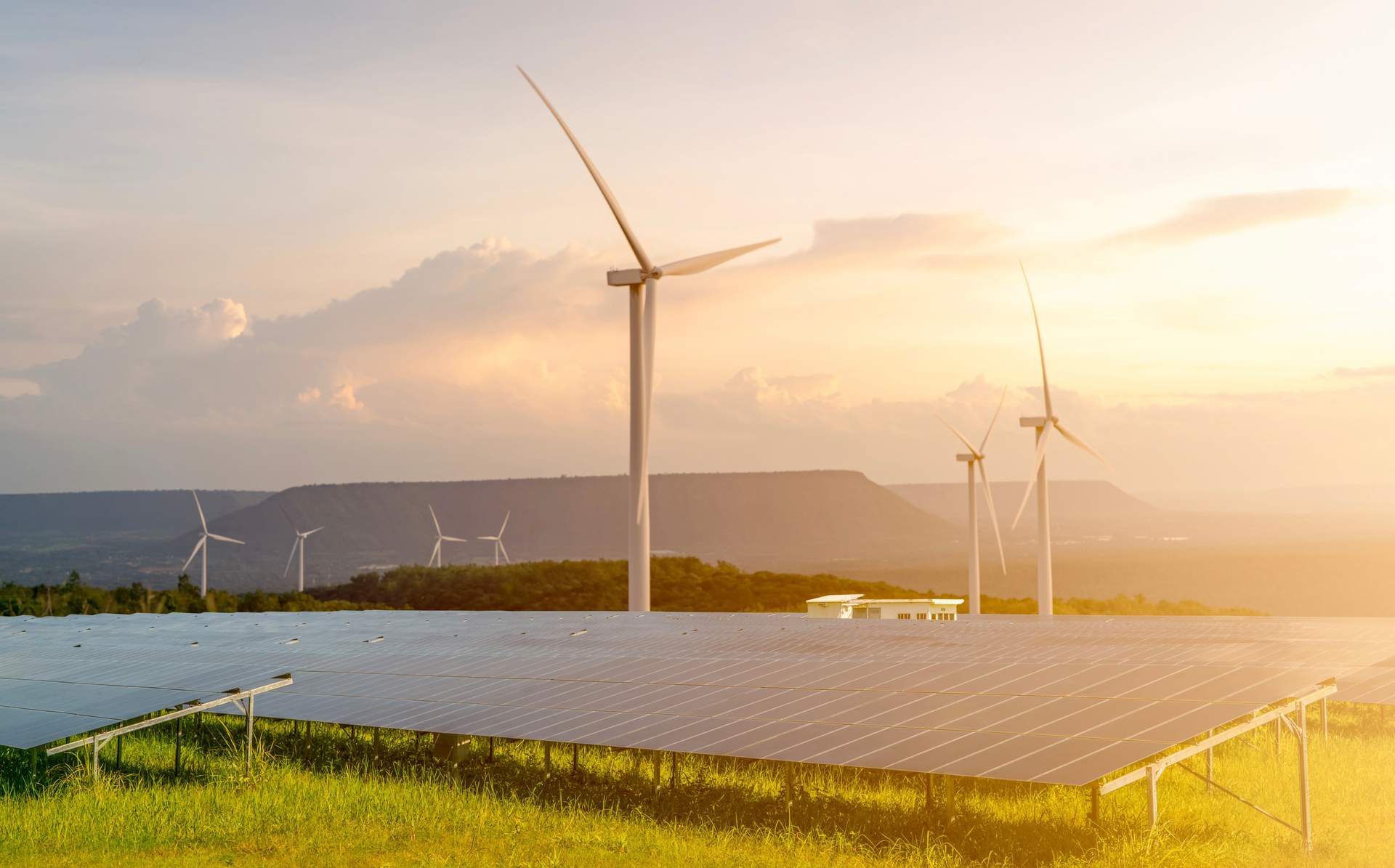Struggling with the inflation crisis: Is this really a new round of financial disasters?

Ever since the higher oil price caused by the Russia-Ukraine war, there has been a continuous increase in domestic inflation. Until recently, Thailand's inflation rate (as of May 2022) was 7.1%, the highest in 14 years. This has caused disagreement between members of the Monetary Policy Committee (MPC) at their last meeting about keeping the current interest rate for which the voting was 4:3. In the view of economic analysts, this forecasts a warning about a higher interest rate adjustment in the next round. The baht (as of June 22, 2022) has weakened to a level of 35.29 baht / US dollar, the worst in 5 years. However, a good sign for the export and tourism sectors is that the COVID-19 restrictions are to be relaxed and the country is opening up to welcome tourists and investors to boost the domestic market because the currency of other countries can be exchanged for lots of Thai baht.
- Financial liberalization without a control of in-out money flow.
- The implementation of interest policy for inflation control amidst a good but unfavorable inside economy.
- Exercise of a fixed exchange rate policy.
However, there are always opportunities in a crisis. If Thailand proceeds with opening up the country and relaxing various measures related to COVID-19, the economic situation will continue to ease. Despite the widespread unemployment in Thailand there are still many who can adapt and create opportunities for themselves and have been able to rebuild their businesses by income generation during the crisis. In addition, many countries have begun to stockpile their agricultural products following the prospect of long period of war. Consequently, the price of agricultural products is rising even as fertilizer prices have gone up. Moreover, the demand for agricultural products in Thailand is a positive effect of the crisis because processed foods and also energy are currently in short supply or very expensive. The manufacturing sector has started to return to normal and orders are coming in. Industrial estates continue to recruit workers.
Investors who foresee opportunities in crises may wish to invest in the many fully-equipped industrial parks which have excellent infrastructure and many facilities, such as public utilities as well as a good labor market. Industrial Park 304, one of our well-developed industrial areas has the capacity to support investments in many industries. There are rental spaces and fully-finished factories available for investment in both the 304 Industrial Park Prachinburi and 304 industrial park Chachoengsao, with benefits from the Board of Investment of Thailand (BOI) and business assistance with a One-Stop Service Investor of maximum convenience to all investors.
Source of picture: https://pixabay.com/photos/gear-gears-euro-currency-dollar-384743/
Related News & Media
304 Industrial Park
Creating a future-ready ecosystem for businesses, with green energy, complete facilities, and global connectivity.
Contact Us


